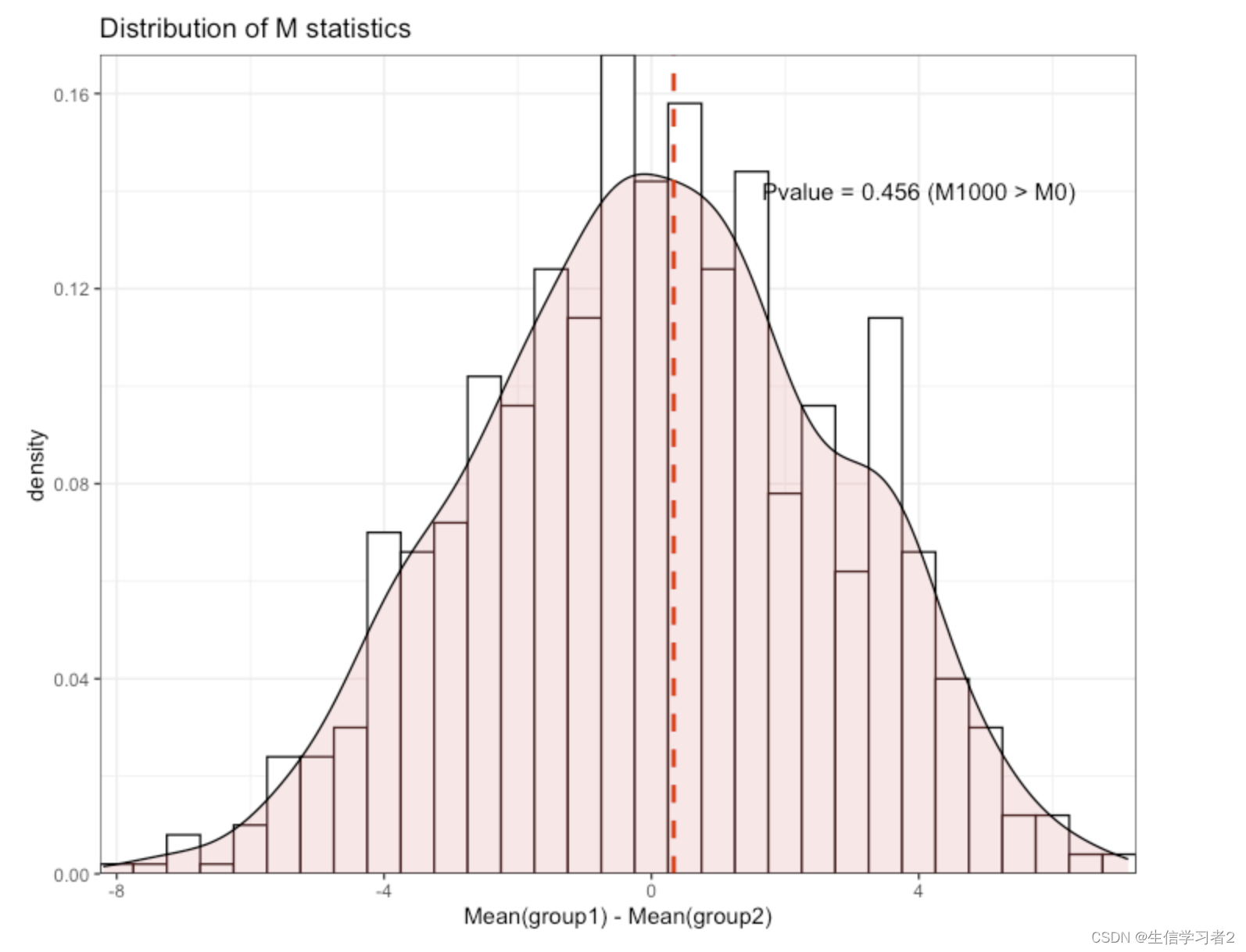本文主要是介绍Swaps in Permutation,希望对大家解决编程问题提供一定的参考价值,需要的开发者们随着小编来一起学习吧!
You are given a permutation of the numbers 1, 2, ..., n and m pairs of positions (aj, bj).
At each step you can choose a pair from the given positions and swap the numbers in that positions. What is the lexicographically maximal permutation one can get?
Let p and q be two permutations of the numbers 1, 2, ..., n. p is lexicographically smaller than the q if a number 1 ≤ i ≤ n exists, sopk = qk for 1 ≤ k < i and pi < qi.
The first line contains two integers n and m (1 ≤ n, m ≤ 106) — the length of the permutation p and the number of pairs of positions.
The second line contains n distinct integers pi (1 ≤ pi ≤ n) — the elements of the permutation p.
Each of the last m lines contains two integers (aj, bj) (1 ≤ aj, bj ≤ n) — the pairs of positions to swap. Note that you are given apositions, not the values to swap.
Print the only line with n distinct integers p'i (1 ≤ p'i ≤ n) — the lexicographically maximal permutation one can get.
9 6 1 2 3 4 5 6 7 8 9 1 4 4 7 2 5 5 8 3 6 6 9
7 8 9 4 5 6 1 2 3
给你n个数
下m行,每行两个数,这两个位置的数可以无限次的交换
让你输出一个字典序最大的排序
因为1,4可以无限次的交换,4,7也可以无限次的交换,所以1,7也可以交换,这样可以想到用并查集把他们划为一类,
然后再用优先队列把同一个集合的存进去,这样输出的时候就能保证大的在前面。
#include<queue>
#include<cstdio>
#include<cstring>
#include<iostream>
#include<algorithm>using namespace std;int f[1000010];
int a[1000010];
int find(int x)
{if(x == f[x])return f[x];elsereturn f[x] = find(f[x]);
}
priority_queue<int> q[1000010];int main(void)
{int n,m,i;while(scanf("%d%d",&n,&m)==2){for(i=0;i<=n;i++)f[i] = i;for(i=1;i<=n;i++)scanf("%d",&a[i]);for(i=1;i<=m;i++){int t1,t2;scanf("%d%d",&t1,&t2);int x = find(t1);int y = find(t2);if(x != y)f[x] = y;}for(i=1;i<=n;i++)q[f[find(i)]].push(a[i]);for(i=1;i<=n;i++){printf("%d ",q[f[i]].top());q[f[i]].pop();}}
}
这篇关于Swaps in Permutation的文章就介绍到这儿,希望我们推荐的文章对编程师们有所帮助!





